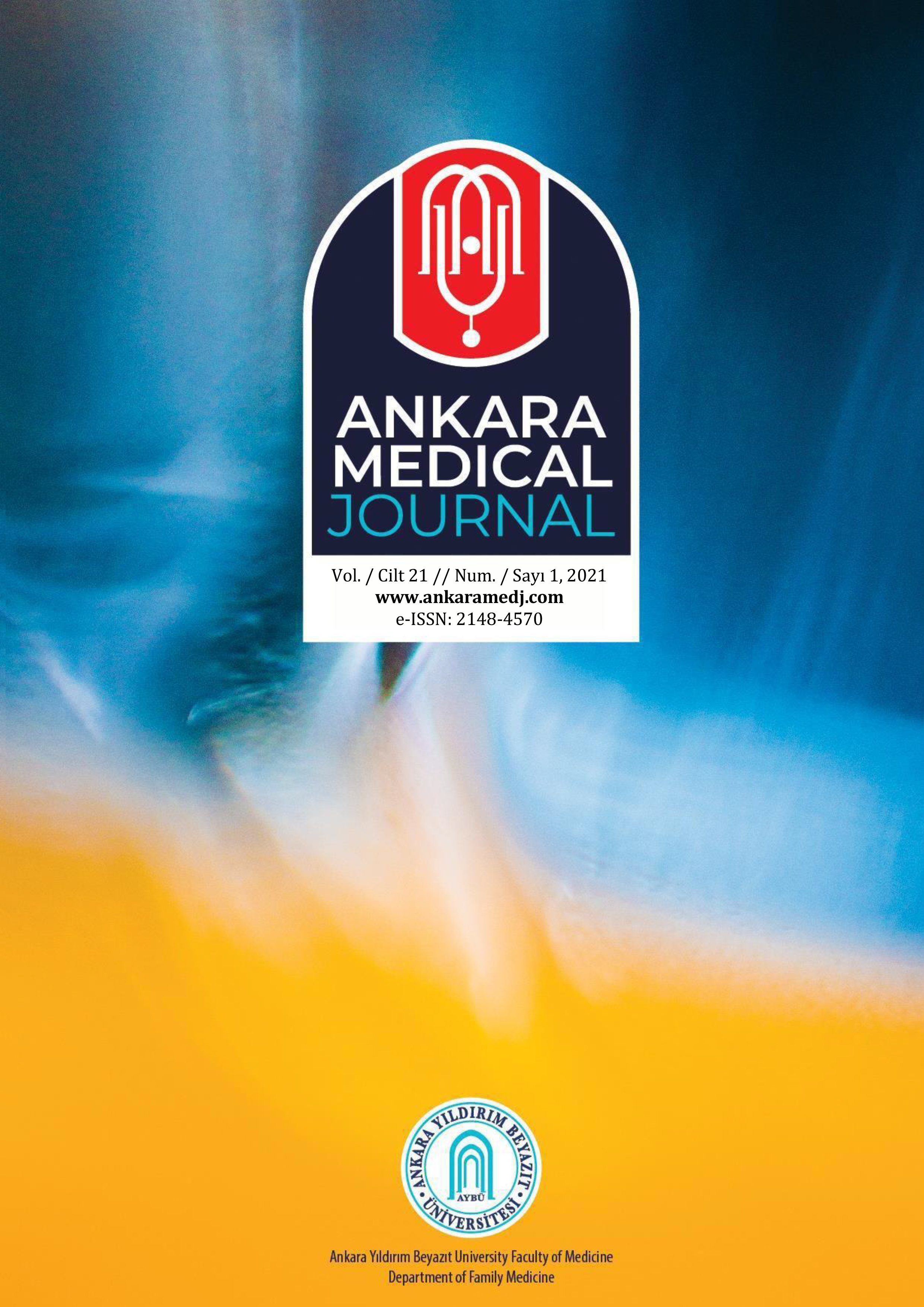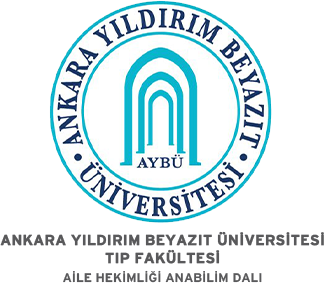Determining the Students Knowledge Levels and Educational Needs on Reproductive Health Who Have Just Begun to Faculty of Nursing
Hilal Aksoy1, Duygu Ayhan Başer1, Mustafa Cankurtaran21Hacettepe University Faculty of Medicine, Department of Family Medicine2Hacettepe University Faculty of Medicine, Department of Internal Medicine, Division of Geriatric Medicine
INTRODUCTION: Youth are at high risk for reproductive health problems and adolescent health monitoring has entered a new routine during family medicine follow-ups Our study was planned in order to determine the students knowledge level and educational needs on reproductive health who have just begun to Faculty of Nursing.
METHODS: A questionnaire was applied by face-to-face interview method to the students who had recently registered to Hacettepe University Nursing Faculty in the 2019-2020 academic year in this descriptive study. In the evaluation of the data, the mean and standard deviation for continuous variables and frequency table for qualitative data were used. The Chi-square test was used to test the relationship between qualitative data. Statistical analysis was done with the SPSS v.23 package program.
RESULTS: 120 students were included in the study. The school (75.80%) was in the first place among students' sources of information on reproductive health. The most common contraceptive method was the pill (80.80%). The most common answer to the question of what sexually transmitted diseases are was the Human Immunodeficiency Virus (85.80%). The most wanted topic to learn was sexually transmitted diseases with 51.70%. There was no statistically significant relationship between students' age, gender, economic status, the school they graduated from, and their level of knowledge.
DISCUSSION AND CONCLUSION: Young people don't have sufficient and correct knowledge about reproductive health. More attention should be given to planning their training. In addition, the family physician, who monitors adolescents between the ages of 10-21 and provides counseling services on reproductive health, plays an especially important role to acquire accurate and reliable information.
Hemşirelik Fakültesine Yeni Başlayan Öğrencilerin Üreme Sağlığı Konusundaki Bilgi Düzeyleri ve Eğitim İhtiyaçlarının Belirlenmesi
Hilal Aksoy1, Duygu Ayhan Başer1, Mustafa Cankurtaran21Hacettepe Üniversitesi Tıp Fakültesi Aile Hekimliği Anabilim Dalı2Hacettepe Üniversitesi Tıp Fakültesi İç Hastalıkları Anabilim Dalı, Geriatri Bilim Dalı
GİRİŞ ve AMAÇ: Gençler; üreme sağlığı sorunları açısından yüksek risk altındadır ve ergen izlemleri aile hekimliğinde yeni rutine girmiştir. Çalışmamız Hemşirelik Fakültesine yeni başlayan öğrencilerin üreme sağlığı konusundaki bilgi düzeylerini ve eğitim ihtiyacını belirlemek amacıyla planlanmıştır.
YÖNTEM ve GEREÇLER: Tanımlayıcı nitelikteki çalışmada Hacettepe Üniversitesi Hemşirelik Fakültesine 2019-2020 eğitim-öğretim yılında yeni kayıt yaptıran öğrencilere yüz yüze görüşme yöntemiyle anket uygulandı. Verilerin değerlendirilmesinde sürekli olan değişkenler için ortalama ve standart sapma, niteliksel veriler için frekans tablosu kullanıldı. Niteliksel veriler arasında ilişki araştırılırken ki-kare testi kullanıldı. İstatiksel analizler SPSSv23 paket programı ile yapıldı.
BULGULAR: Çalışmaya toplam 120 öğrenci dahil oldu. Öğrencilerin üreme sağlığı konusundaki bilgi kaynakları arasında birinci sırada okul (%75,80) gelmekteydi. En fazla bilinen doğum kontrol yöntemi hap (%80,80) idi. Cinsel yolla bulaşan hastalıklar hangileridir sorusuna verilen en fazla cevap Human Immunodeficiency Virüs idi (%85,80). En fazla eğitim almak istenen konu %51,70 ile cinsel yolla bulaşan hastalıklardı. Öğrencilerin yaş, cinsiyet, ekonomik durum, mezun oldukları okul ile bilgi düzeyleri arasında istatistiksel olarak anlamlı ilişki yoktu.
TARTIŞMA ve SONUÇ: Üreme sağlığı konusunda gençler yeterli ve doğru bilgi düzeyine sahip değildir. Eğitimleri planlanırken bu konu üzerinde daha fazla durulması gerekmektedir. Ayrıca doğru ve güvenilir bilginin kazanılması için 10-21 yaş arası ergen izlemini yapan ve üreme sağlığı konusunda danışmanlık verme hizmeti bulunan aile hekimine özellikle büyük rol düşmektedir.
Corresponding Author: Hilal Aksoy, Türkiye
Manuscript Language: Turkish
(712 downloaded)





